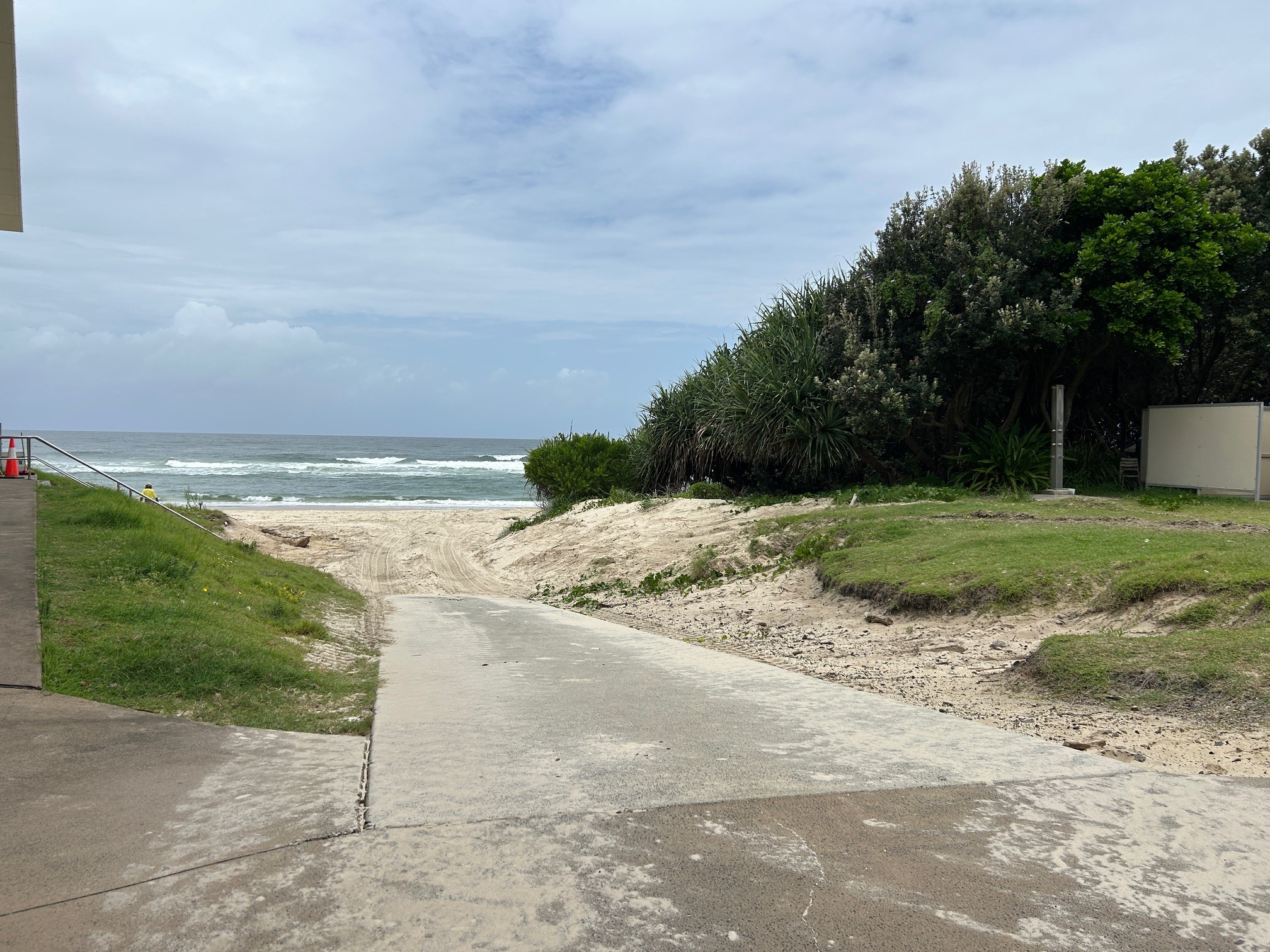My thanks to BMS for bringing everyone together today, including – of course – the one and only Professor Richard Scolyer – our 2024 Australian of the Year – a man who knows what it’s like to be both clinician and patient.
It is humbling to be among representatives from so many incredible organisations and some of the countless patients you have supported.
Thank you all for the work you do as researchers, support services and advocates.
To the patients here – thank you for being brave enough to share your stories and to use your experience to help others.
Australia has some of the most confident and most effective patient groups in the world – and particularly when it comes to engaging with government and with policymakers.
I don’t just say that as Health Minister – though that is certainly my view.
Just this month, a global survey of more than 11 hundred patient organisations found that – out of 19 countries – Australia’s patient groups lead the world in confidence that they have influence.
Influence on government and policymakers, influence on drug approvals and reimbursement, influence on the provision of healthcare, and influence on access to medicines.
The global survey by ‘PatientView’ concluded that “Only Australian patient groups appear to exert the most influence in all four spheres of activity within healthcare systems – policymaking, healthcare provision, healthcare education and pharma R&D”.
That is testament to the effort and experience of everyone in this room, and so many more besides, who contribute their time to organisations from the largest national charities to the smallest groups, run by volunteers from spare rooms and kitchens.
Upon coming to government and since returning to the Health portfolio, a key focus of my time as Minister for Health and Aged Care, has been to elevate the voice of patients in the health sector.
We have done that through investments that build the capacity of established groups like the Consumers Health Forum, and other investments that fund the creation of new groups in areas of need, like mental health, or culturally and linguistically diverse communities.
We have also ensured that the patient perspective is always represented – and represented strongly – on key advisory bodies and expert groups.
Today, I can announce, that we continue that approach in the composition of the implementation group for the Health Technology Assessment Review Report.
We are living in a supercharged period of discovery, and the velocity of that change is stress testing every part of the health sector, from clinical practice to business models, to our systems for health technology assessment – or HTA.
HTA is the review process that emerging health technologies and treatments go through before they are funded or subsidised by government.
It looks at the quality, safety, efficacy and value for money of those treatments.
The HTA Review Report generated 50 recommendations that are both far reaching and wide ranging.
Some are small, focused prescriptions for change that are limited in scope, and eminently sensible.
Others are wide ranging and visionary and call for changes in legislation and new investment.
As with all recommendations that require significant investment, they need careful consideration by government.
We’re starting that process through an Implementation Advisory Group – an IAG – which I am pleased to announce today.
The IAG will be chaired by renowned cardiologist and former Chair of the Pharmaceutical Benefits Advisory Committee, Professor Andrew Wilson.
Professor Wilson is currently the Co-director of the Menzies Centre for Health Policy at the University of Sydney.
The Report was a critical piece of work that brought together governments, health experts, patients and industry, and it is important that every one of those perspectives are represented in taking forward the reforms that come out of it.
We’ll have industry represented by:
- Elizabeth de Somer – Chief Executive Officer, Medicines Australia, and
- Anne Harris – Deputy Chair, Medicines Australia Board.
Clinical expertise will be provided by:
- Dr Lorraine Anderson – Medical Director, Kimberley Aboriginal Medical Services, and
- Dr Richard Mitchell – Head of Clinical Services, Kids Cancer Centre.
Importantly, we will have patient voices represented thanks to:
- Nicole Millis – Chief Executive Officer, Rare Voices Australia, and
- Kirsten Pilatti – Chief Executive Officer, Breast Cancer Network Australia
The Australian Government will be represented by Professor Emily Lancsar and Duncan McIntyre from my department.
And a member to represent states and territories will be nominated by the Health Technology and Genomics Collaboration.
The IAG deliberately includes a robust mix of representatives, so all voices are heard and consensus can be reached on these important reforms.
The IAG will co-design a draft Government response to the HTA review.
These reforms will take time, but it’s important we get them right.
I want to thank Professor Wilson and every member of the implementation group for taking on this important project.
I look forward to working with them to realise a future of better health, better health technologies and better health technology assessment.
A future where all Australians can access effective, safe and affordable health technologies in an equitable and timely way.
Thank you.








